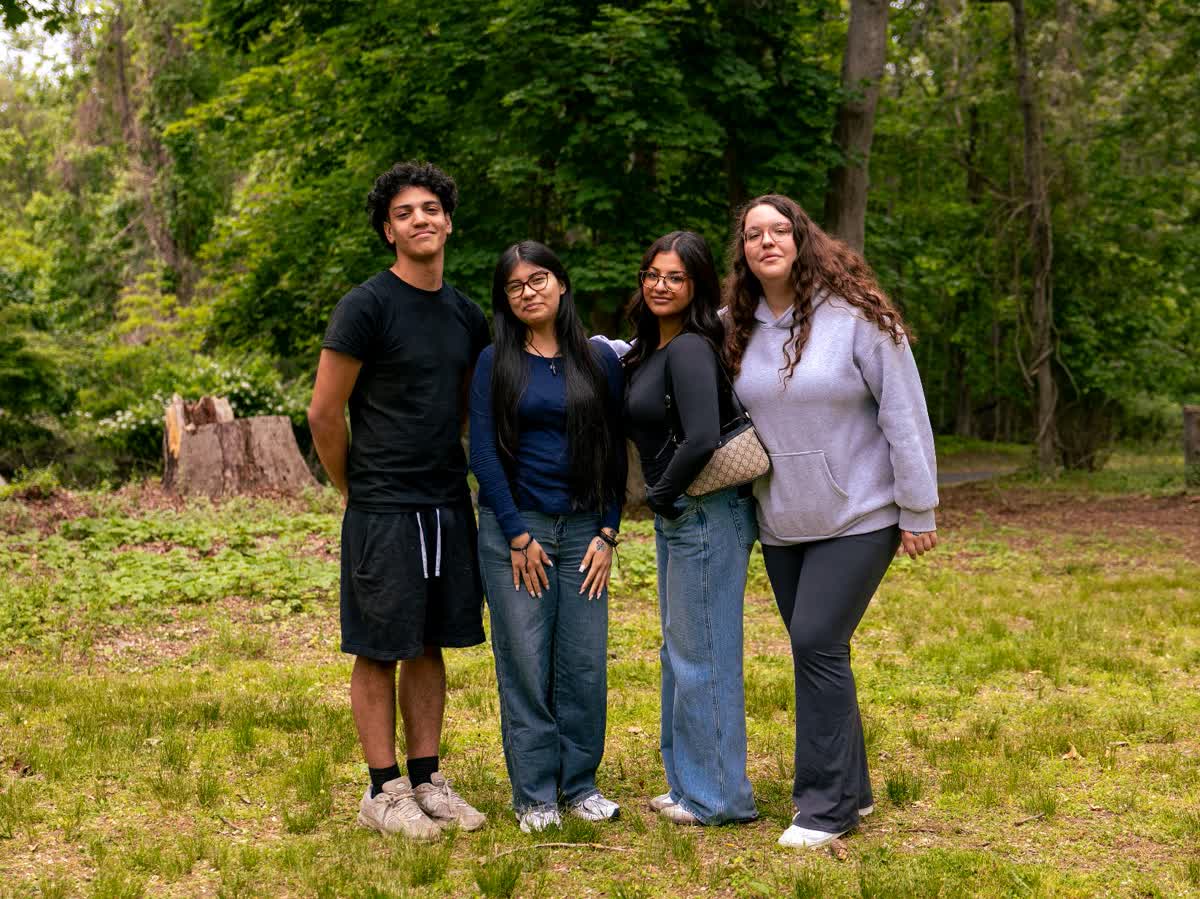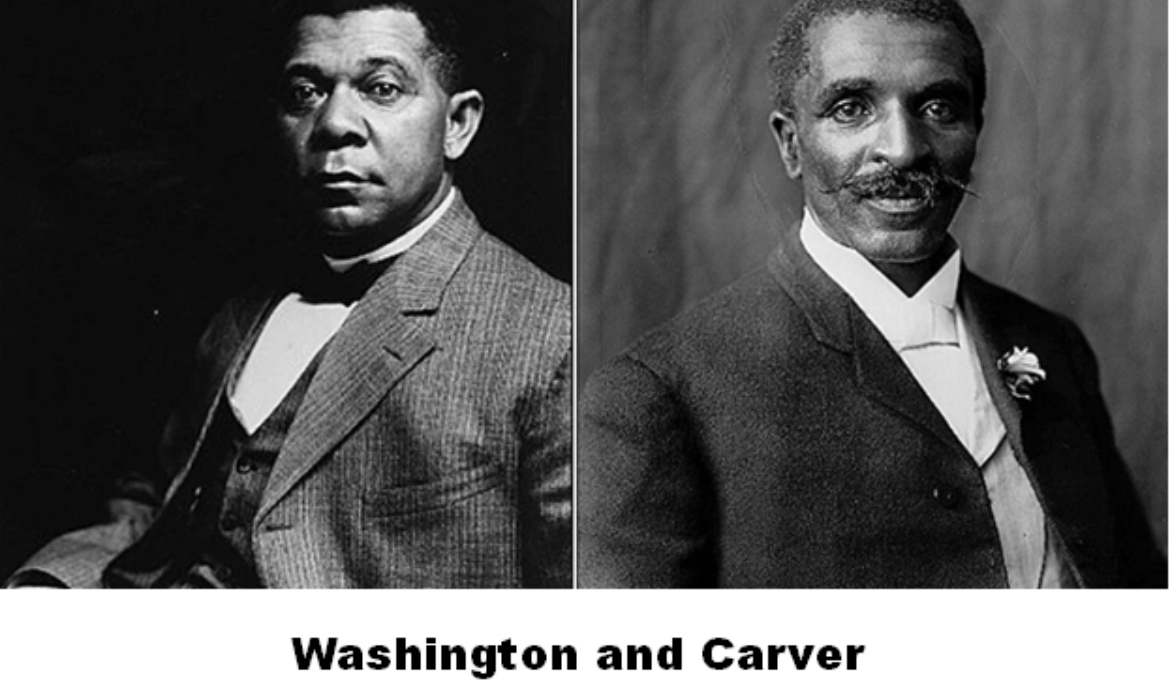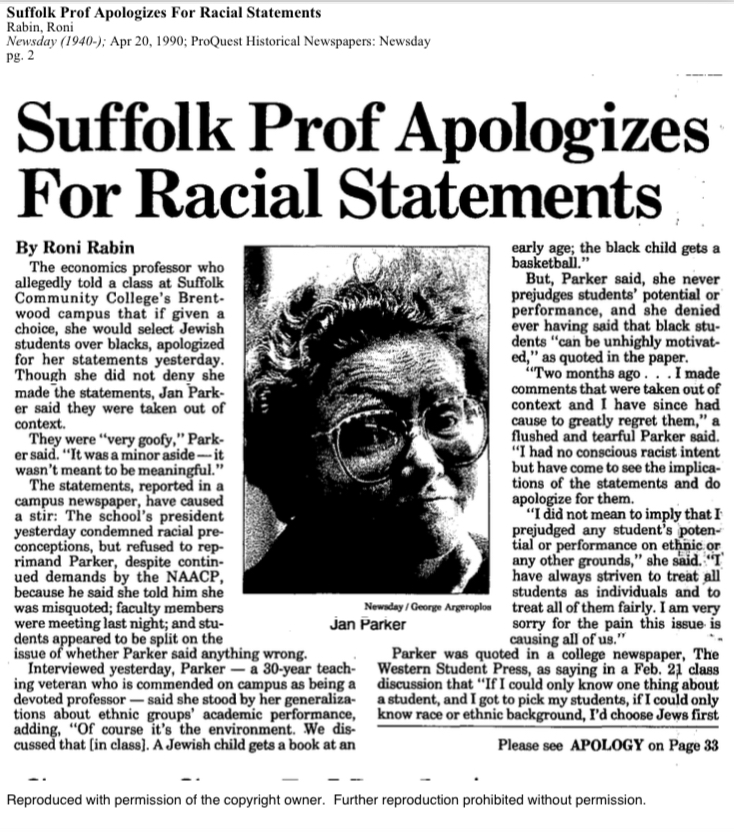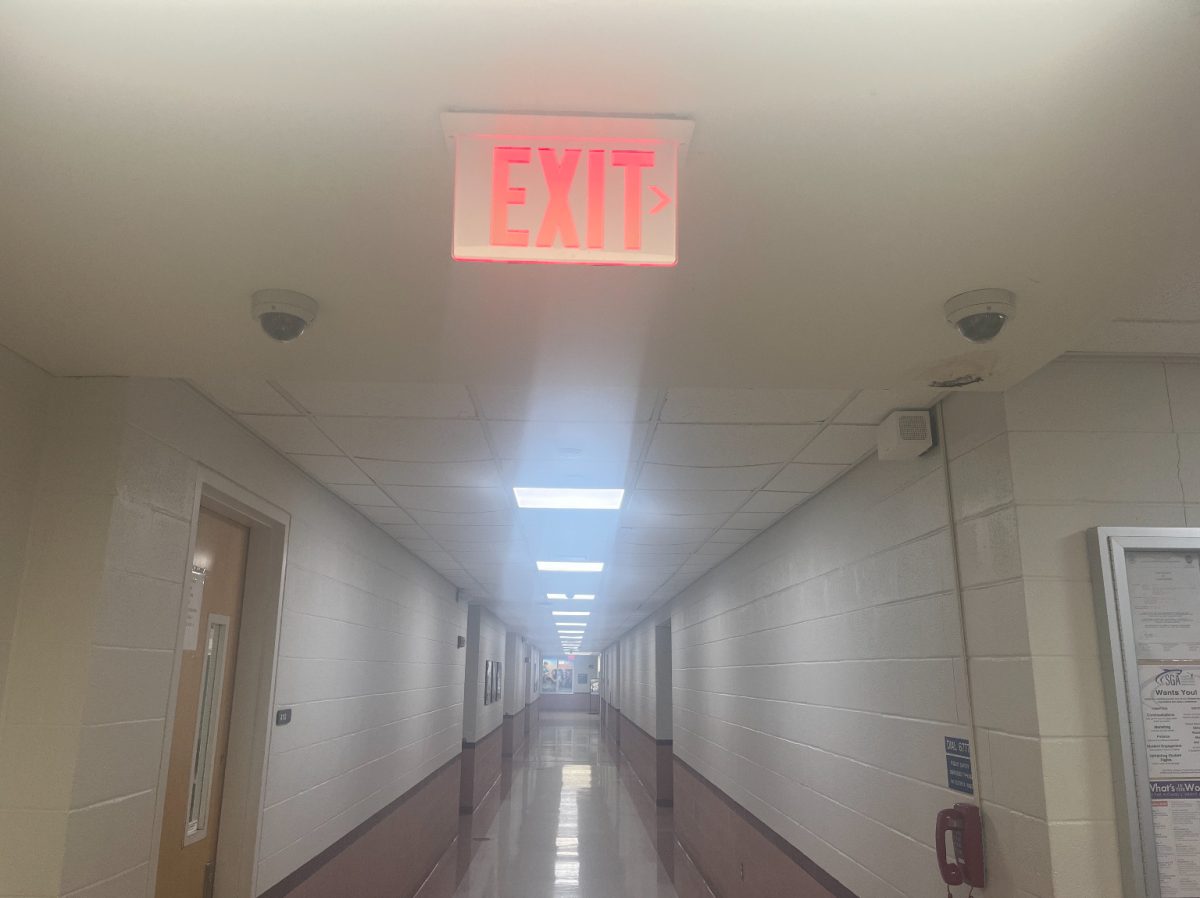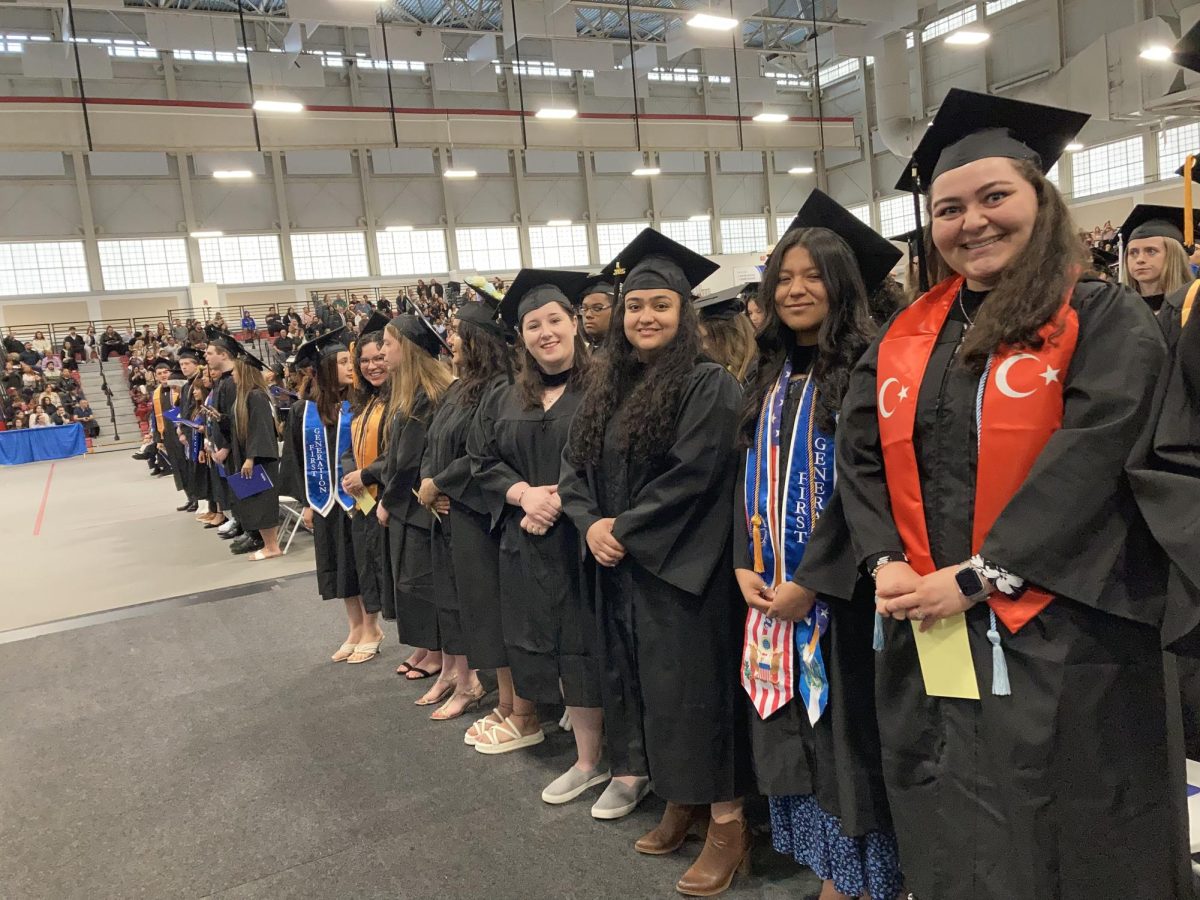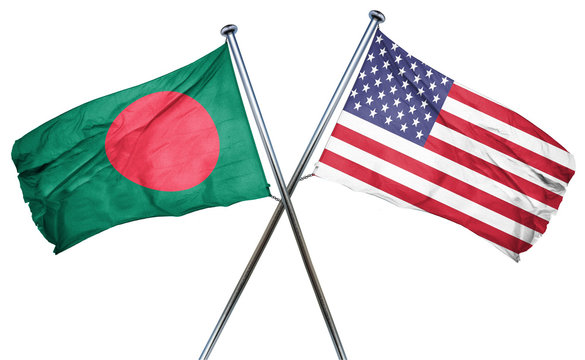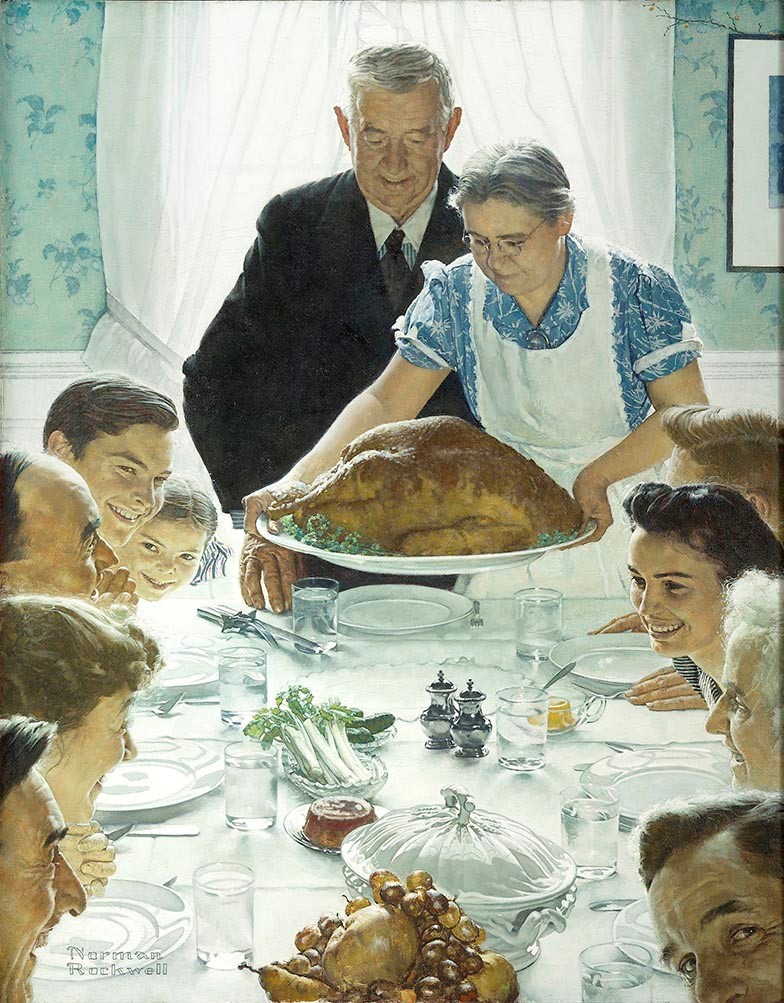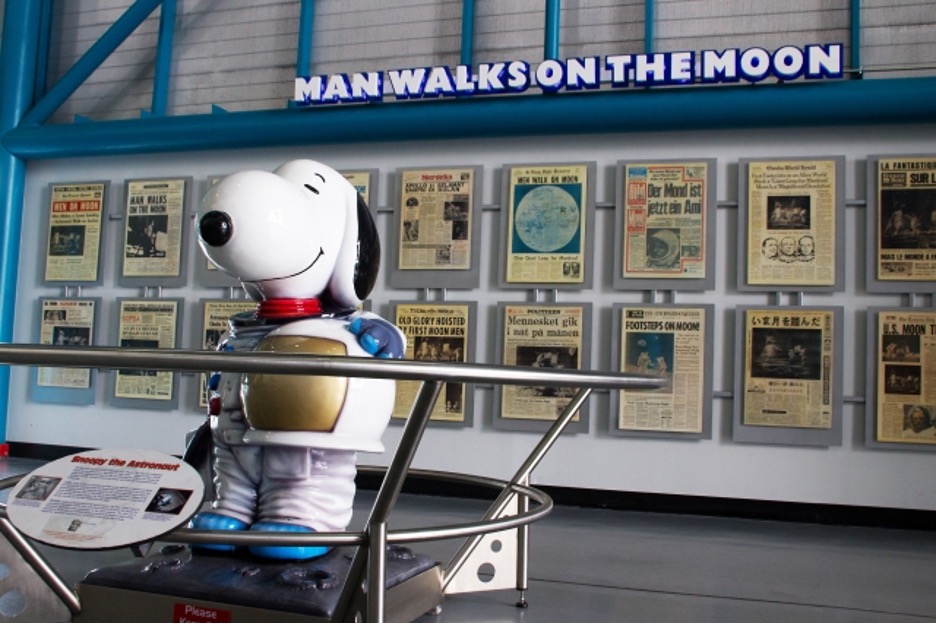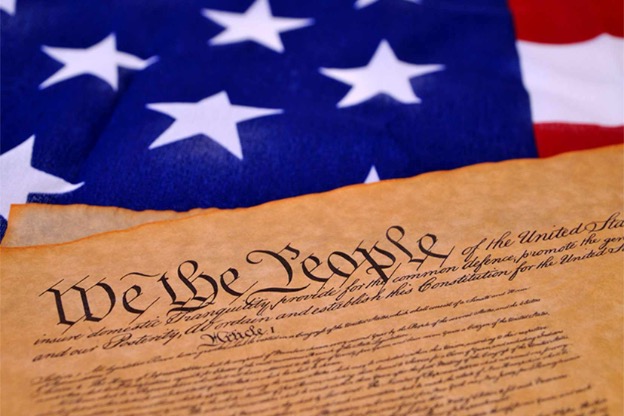Debates have been going on since the beginning of recorded history. They were originally called intellectual sparring matches between the world-famous philosophers of ancient Greece. Protagoras, a pre-Socratic philosopher and rhetorical theorist from around 450 B.C., and Demosthenes from around 384 B.C., the most famous Greek debater, are the more famous names in the history of debate.
But what exactly is a debate besides an organized disagreement? Debates generally take place between political candidates, both of whom are running for the same public office. The purpose is to show the citizens/voters what each candidate stands for in the hope of persuading citizens to vote for them rather than their opponent. Debates are supposed to be pre-arranged, fair, and respectful of the other person. Occasionally, though, disrespect in the form of sarcasm and snide remarks seeps through.
The down side of all of this “civility” is that the debate can be too rehearsed and appear staged, like a play. Not enough civility and the situation can devolve into a shouting match.
The earliest known debates in the United States are those between Abraham Lincoln and Stephen Douglas when both were running for an open U.S. Senate seat in Illinois. There were seven debates between the two from August 21,1858 until October 15,1858. Although Douglas may have won the Senate seat, Lincoln won the presidency a year later.
The next set of famous debates took place between then Senator John F. Kennedy and then Vice President Richard M. Nixon. There were four debates, and the first one, on September 26, 1960, was the first televised debate in U.S. history. Both men were civilized throughout, although most people remember Kennedy looked young and healthy while Nixon looked wan and pale.
In 1975 the F.C.C.(Federal Commerce Commission) ruled that public debates would be broadcast in full and not be sponsored by the candidates. In 1992 a third party candidate– Ross Perot — was included in the debate.
From 1960 until 1976 there were no debates held at all; no one is quite sure why. However, they have made a comeback of sorts recently. In fact, this year’s presidential election has thus far held two debates. The first one was between President Joe Biden and former President Donald Trump. The most recent one was between Vice President Kamala Harris and former President Trump. Both debates generated huge viewership numbers. Vice President Harris is calling for a third debate while former President Trump says perhaps another debate is unnecessary. Meanwhile, the Vice Presidential nominees – Governor Tim Walz and Senator J.D. Vance – are scheduled to debate on October 1st. Tune in.
Remember: The purpose of a debate is to demonstrate to the voters what the participants stand for and what they hope to accomplish when (if?) they won the election. Yes, of course, certain changes would need Congressional approval and cooperation. Overall, however, the debates can provide a useful guide for what changes wouldl and woudn’t occur over the course of the next 4 (or maybe 8?) years.
So. If you missed the debate, watch whatever re-broadcasts you can access, keeping track the best you can of the issues that matter to you. And don’t forget the Vice President nominees debate on October 1st. Most important, however, is to make certain you go out and vote. Do it! You will never regret casting your ballot, a celebration of being an American citizen. You will, however, regret not voting. And remember: If you don’t vote and participate, you can’t complain about anything.




